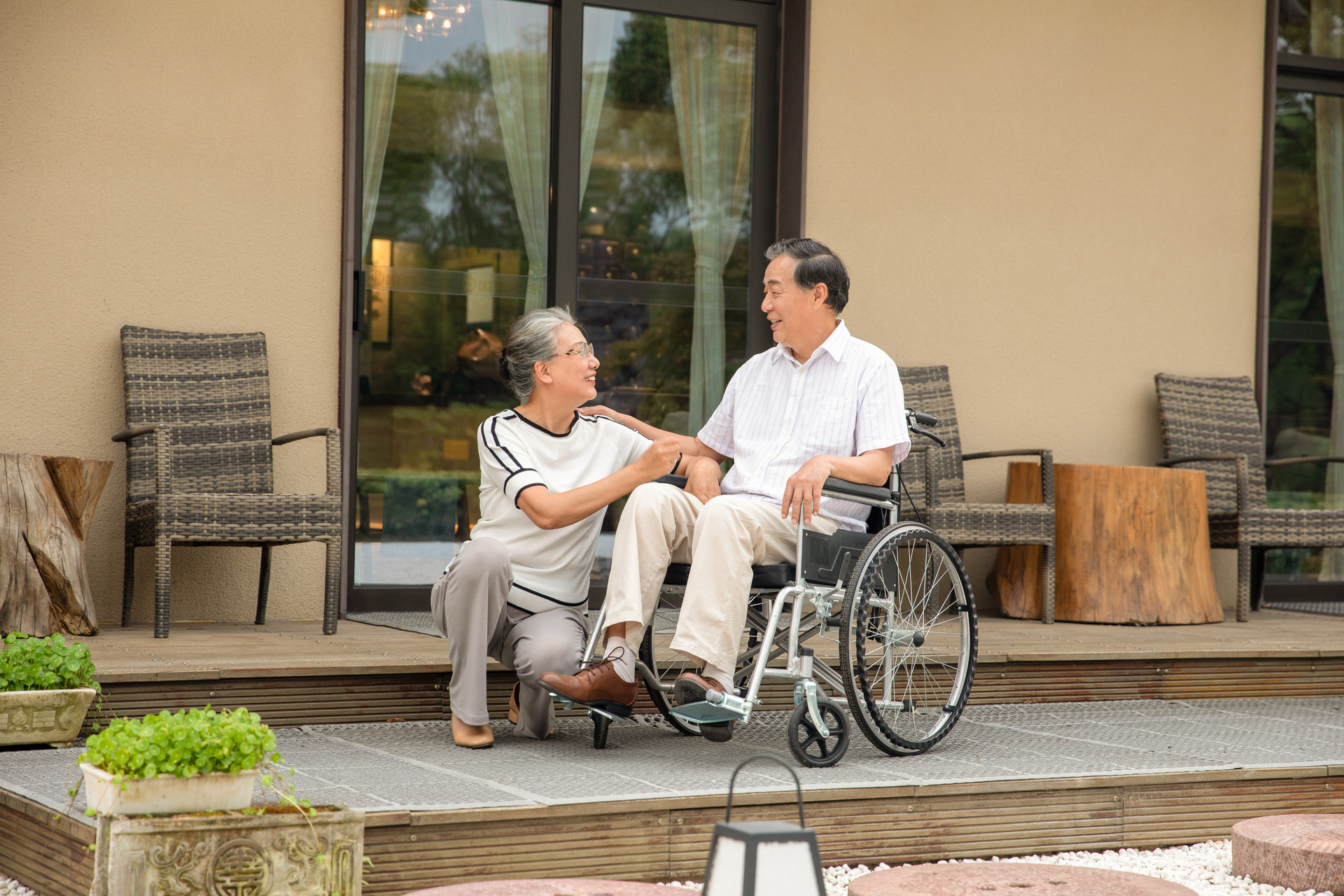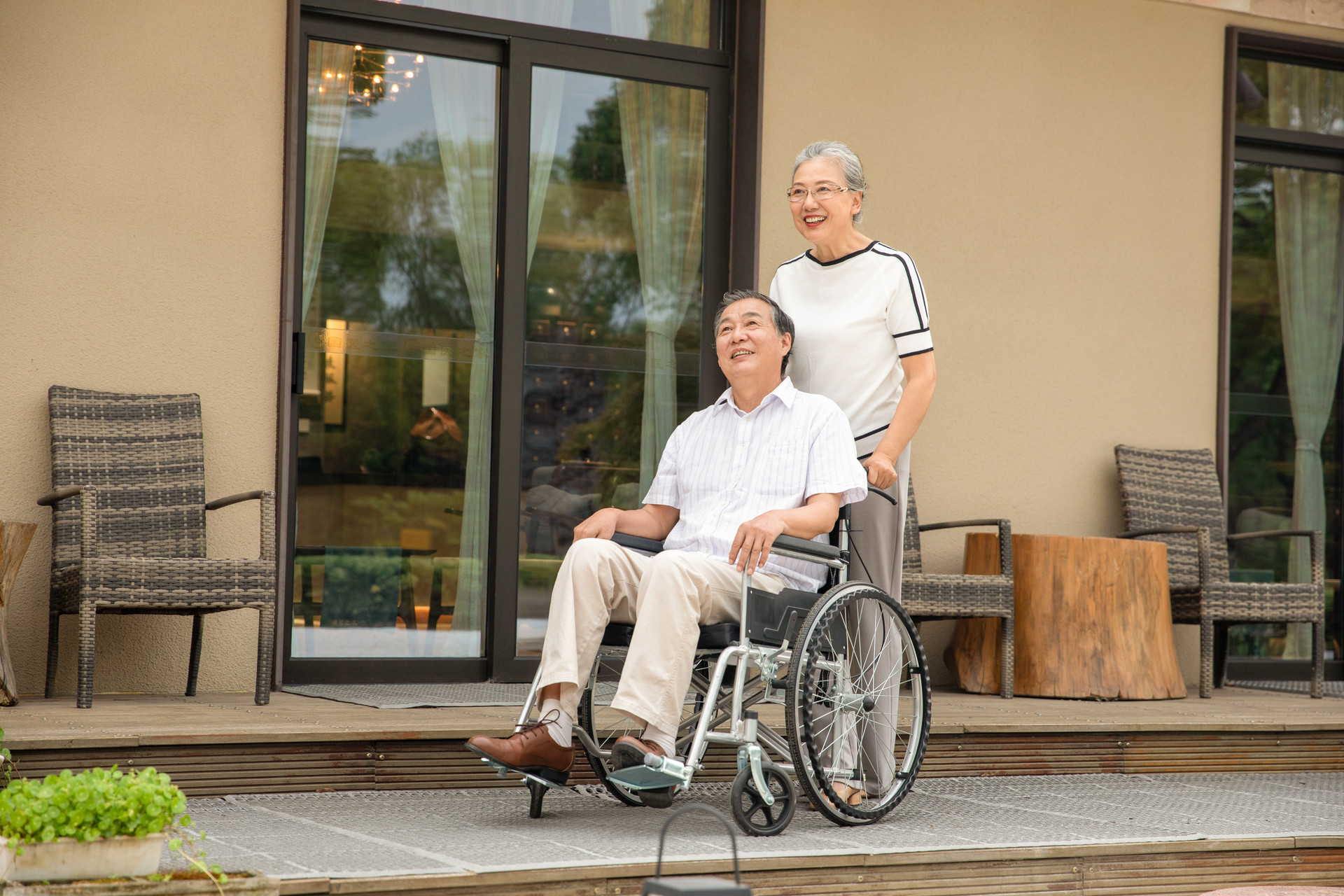
"Sleeping too little and doing too much cannot last long." Sima Yi once made this comment about Zhuge Liang. Recently, Zhuge Liang indeed died of illness at Wuzhangyuan. This statement means that if a person sleeps too little and has a lot of mental work, their body cannot sustain for long. The classic Chinese medicine book "Huangdi Neijing" also records: "Having regular daily routines and avoiding excessive physical and mental labor enable one to maintain physical and spiritual well-being, live to old age, and reach the age of one hundred before departing." In other words, only by avoiding excessive labor and having good rest can one achieve health and longevity.
In our country, however, the elderly are often the most concerned in the family. I once met an elderly person who, after retirement, took care of the daily life of the whole family. They were overly concerned about the health and safety of their children and grandchildren, to the point of constantly worrying. As a result, they frequently experienced symptoms such as dizziness, shortness of breath, palpitations, and sweating. They were eventually diagnosed with chronic anxiety. Elderly people themselves have weaker physical functions and often suffer from chronic diseases. Excessive worries have a greater impact on their bodies. At the same time, insomnia is a common problem among the elderly. Sleeping duration below the physiological needs significantly affects attention, fine motor skills, high-level thinking, and memory. Elderly people with long-term sleep disorders have obvious vascular sclerosis, narrowed blood vessels, and serious adverse effects on their health.
If the elderly want to live a healthy and long life and enjoy their later years, they need to learn to let go and reduce their worries. Matters related to their children should be taken care of appropriately, without excessive involvement or taking over their responsibilities. Moreover, they should not hold grudges for trivial matters. They should strive to achieve contentment, generosity, and an open mind at the spiritual level. In addition, going to the park to practice Tai Chi in the morning, going out for a walk during the day, or practicing calligraphy and painting at home can achieve the goal of tranquility and health preservation.
There are a few tips to fall asleep quickly and sleep well. "Sleep like a bow", when sleeping on the right side, bend the right arm and keep both feet naturally straight or slightly bent, which helps reduce the burden on the heart. Turning over frequently promotes blood circulation and smooth flow of meridians, preventing symptoms such as body stiffness and back pain. Sleeping with the lights off is recommended, as light can make people restless and unable to sleep soundly. If necessary, a small lamp can be placed in the corner, but the light should not be too bright or shine directly into the eyes. Keeping the abdomen warm is important during sleep, as blood and Qi circulation slows down, making it easier for cold pathogens to invade. Therefore, the abdomen should be kept warm during sleep. Abdominal breathing is beneficial for falling asleep. Before going to sleep, lie flat, relax the whole body, close your eyes and mouth without any distractions, and breathe through the nose. Pay attention to exhaling for 3-4 times longer than inhaling, pause briefly after exhaling for 1-2 times the length of inhaling, then inhale again and repeat until falling asleep.










